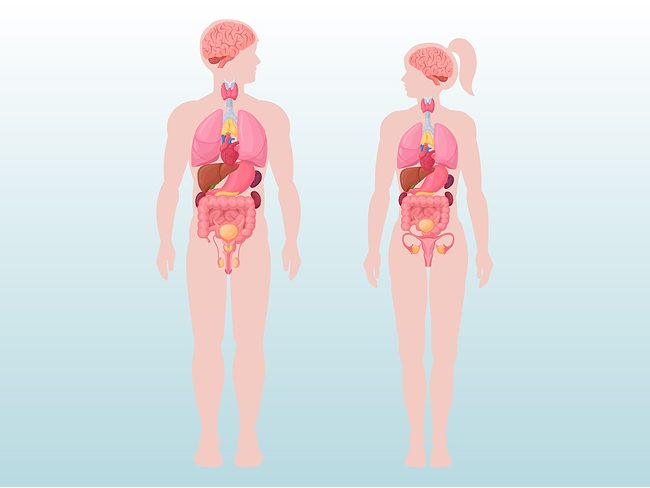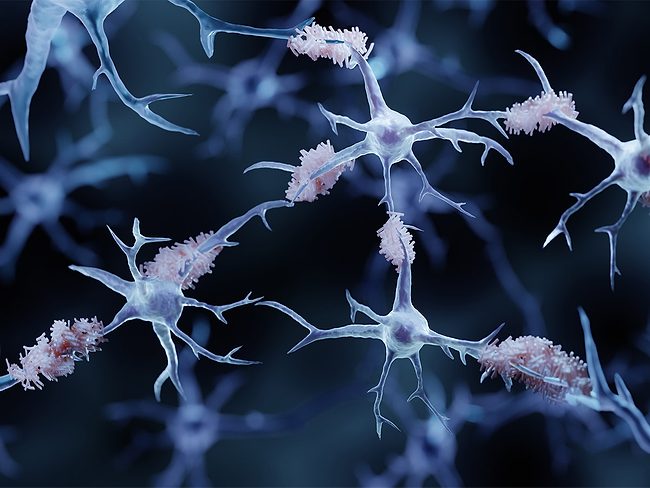
Neurology/psychiatric, BioWorld Science
Neurology/psychiatric
Corilagin enhances synaptic plasticity and improves cognitive decline in AD mice
Read MoreNeurology/psychiatric
New TRPC5 antagonists disclosed in Shenzhen Crystalo Biopharma Technology patent
Read MoreNeurology/psychiatric





